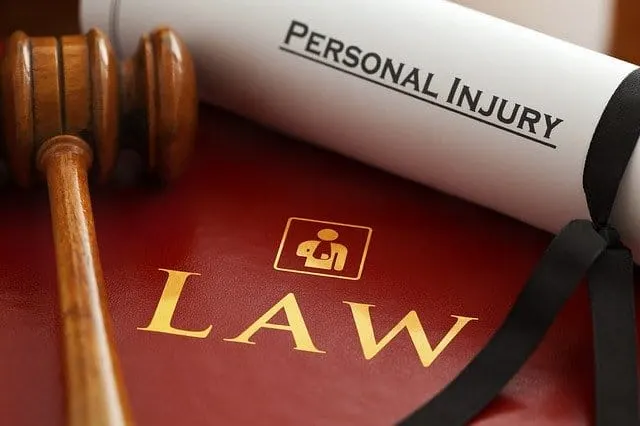
Did you know? Every year, thousands of people in the United States receive an injury due to someone else’s negligence. And the last thing you want is an unnecessary legal battle, which can cost time and money. But if someone got hurt because of your negligence (or another’s), they may have a valid claim against it in court.
Medical negligence is a branch of medical law that studies and advocates on behalf of patients injured due to doctors’ mistakes. It can be either direct or indirect causes, including equipment failure leading up to their incident. This guide will outline some key information about negligence claims to help you file one.
What is a negligence claim?
Negligence is a term used in law to describe a breach of a duty of care. And the claims occur when someone was harmed or injured due to another person’s carelessness.
The law provides specific legal guidelines for bringing these types of lawsuits. You should first file an initial pleading summarizing all necessary facts when starting a case. It gives the other person a notice of your claims and allows them enough time for any counter-allegations.
How long do I have to file a mesothelioma claim?
Mesothelioma is a type of lung cancer caused by exposure to asbestos which can take many years before symptoms show themselves.
The money spent on mesothelioma settlements can be a lifesaver. The disease is devastating, and it’s not uncommon for individuals to need their entire lifetime’s worth of compensation to deal with the medical expenses.
The statute of limitations is the time limit you have to file a claim. The length of time you have to file a negligence claim will vary from state to state, but it is usually around two years. For instance, mesothelioma settlements can take up to two years. It is important to note that the statute of limitations begins to run from the date of the injury, not the date of the accident.
What are the types of damages I can claim?
The three main types of damages in a negligence case are compensatory, special, and punitive. These different types arise depending on the severity or nature (compensate = financial loss; Special refers to emotional distress while Punitive Damages represent punishment for an injustice).
Compensatory damages compensate the claimant for their losses due to the defendant’s negligence. It can include damages for medical expenses, lost wages, and pain and suffering.
Special damages refer to compensatory damages, intend to reimburse the claimant for any out-of-pocket expenses incurred due to the injury. It can include costs for medical treatment, travel expenses, and childcare.
Punitive damages are awarded as a form of punishment to compensate the claimant. They are only available in cases where the defendant’s actions were particularly reckless or malicious.
Is it worth it in the end?
The amount of compensation you can receive in a negligence claim will depend on the severity of your injuries, the extent of your losses, and the state you live in. In some cases, the compensation can be very high. For instance, if you have suffered a severe injury that has left you unable to work, you may be awarded a large sum of money. The compensation may not be as high in other cases, but it is still worth pursuing a claim.
No one can predict the outcome of a negligence claim. However, it is still worth seeking legal advice if you want to seek justice due to someone else’s negligence. However, it is important to remember that you must act within the statute of limitations, or you will be unable to file a claim.
Bottom Line:
If you are not aware of the law, it would seem like negligence is a crime. However, you cannot be guilty if your actions cause damage or injury to another person without intent! However, suppose you had an accident and got an injury due to another person’s negligence. In that case, you may be able to file a claim against them.
Negligence claims can be complex, but with the help of a personal injury lawyer, you can get the compensation you deserve. Suppose you have been injured as a result of someone else’s negligence. In that case, it is important to seek legal advice as soon as possible. The statute of limitations begins to run from the date of the injury, not the date of the accident.
You may be entitled to compensation for your injuries, lost wages, and pain and suffering. If you are injured, you should seek medical attention immediately and contact a personal injury lawyer to discuss your options. A lawyer will be able to advise you of your rights and help you file a claim.
- Sagittarius Man & Gemini Woman Love and Sex Compatibility - January 31, 2024
- Taurus Ascendant Rising Personality Traits in Men (Guide) - January 31, 2024
- How to Seduce and Attract a Sagittarius Man (Seduction Tips) - January 31, 2024
